Watch The Last Man on the Moon 2016 Online free
Cast of The Last Man on the Moon
The Last Man on the Moon full movie
The Last Man on the Moon streaming free
The Last Man on the Moon download
The Last Man on the Moon online free
Where to watch The Last Man on the Moon

- Home
- Genre
-
Country
- Argentina
- Australia
- Austria
- Belgium
- Brazil
- Canada
- China
- Czech Republic
- Denmark
- Finland
- France
- Germany
- Hong Kong
- Hungary
- India
- Ireland
- Israel
- Italy
- Japan
- Luxembourg
- Mexico
- Netherlands
- New Zealand
- Norway
- Poland
- Romania
- Russia
- South Africa
- South Korea
- Spain
- Sweden
- Switzerland
- Taiwan
- Thailand
- United Kingdom
- United States of America
- Movies
- TV Series
- Top IMDb
Share
Share with link
Via social
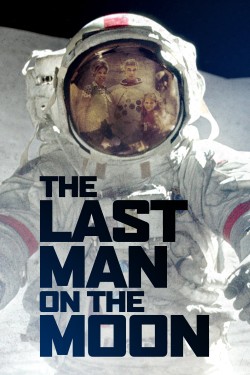
The Last Man on the Moon
The 1960s were a unique era in America. Americans, free of postwar reparations, were fascinated with NASA, the game-changing space program that put Neil Armstrong on the moon. But it was astronauts like Eugene Cernan who blazed the trail to the moon. He was recruited together with 14 other men in a secret process that saw them become the closest of friends and enemies. Cernan was one of only three men sent twice to the moon, and his second trip was NASA's final lunar mission. Looking back on his eight years in Houston, he realizes he had a life unlike any other. Former astronauts' uncommon insight is combined with archival film and unearthly moonscape images in Mark Craig's quietly epic narrative.
Read full
The 1960s were a unique era in America. Americans, free of postwar reparations, were fascinated with NASA, the game-changing space program that put Neil Armstrong on the moon. But it was astronauts like Eugene Cernan who blazed the trail to the moon. He was recruited together with 14 other men in a secret process that saw them become the closest of friends and enemies. Cernan was one of only three men sent twice to the moon, and his second trip was NASA's final lunar mission. Looking back on his eight years in Houston, he realizes he had a life unlike any other. Former astronauts' uncommon insight is combined with archival film and unearthly moonscape images in Mark Craig's quietly epic narrative.
Related
The Survivors
TV
SS 1 / EPS 6
6.3
Chespirito: Not Really on Purpose
TV
SS 1 / EPS 1
?
The Life of Chuck
2025
110min
7.6
Sara - Woman in the Shadows
TV
SS 1 / EPS 10
6.3
Caught in the Act: Double Life
TV
SS 1 / EPS 1
?
Duck Dynasty: The Revival
TV
SS 1 / EPS 1
7.6
The Mortician
TV
SS 1 / EPS 1
7.1
The Neverending Wedding
2025
81min
4.5
The Heart Knows
2025
89min
5.7
The Inverted Case
2025
83min
5.4
Losmen Bu Broto: The Series
TV
SS 1 / EPS 8
8.1
The Better Sister
TV
SS 1 / EPS 8
6.9
F1: The Academy
TV
SS 1 / EPS 7
6.5
The Ritual
2025
98min
4.7
Implosion: The Titanic Sub Disaster
2025
59min
6.8
The Wimbledon Killer
TV
SS 1 / EPS 2
6.8
Connect us
© 2022 FullMovies with ♥
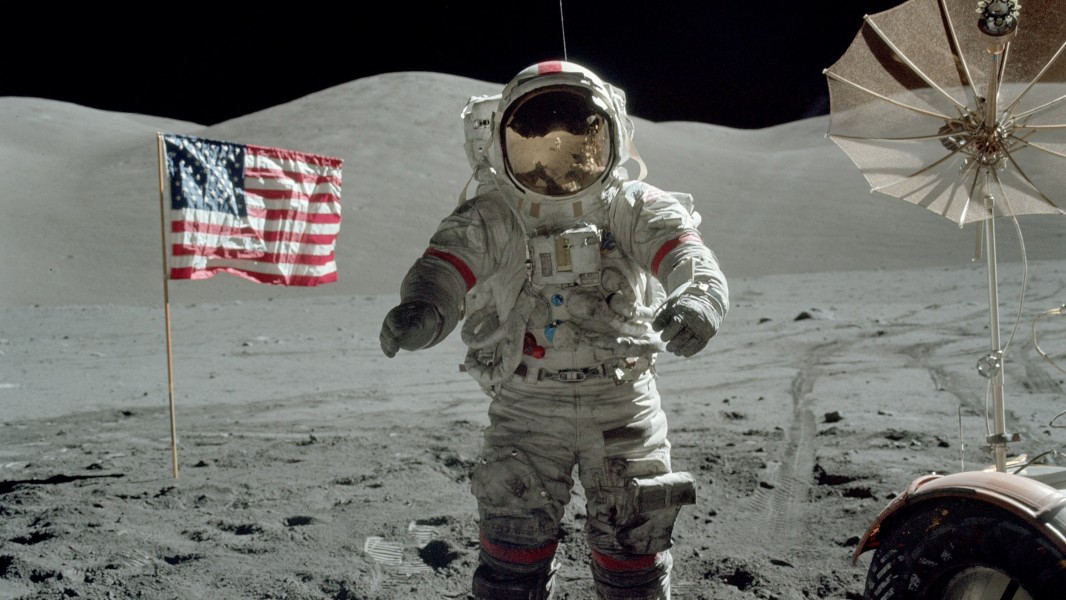
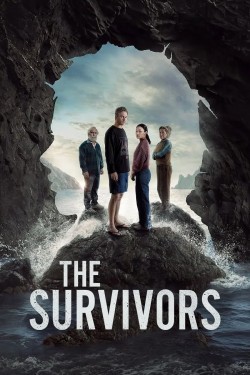

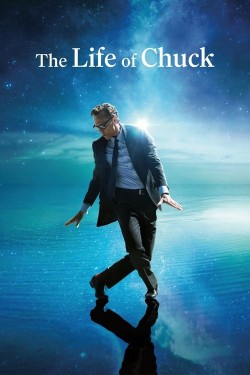






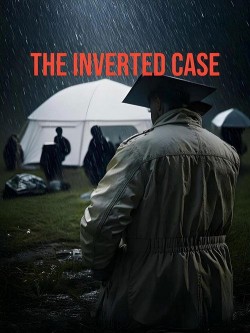




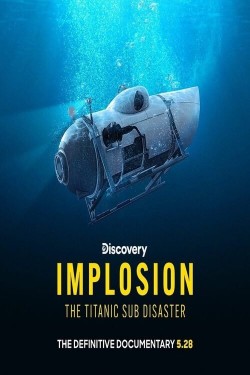

Discussion